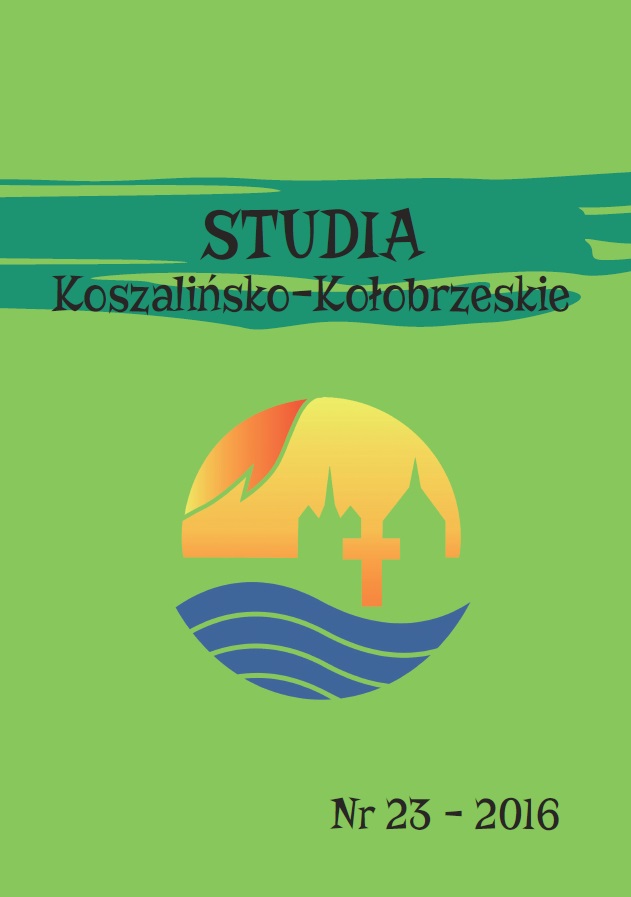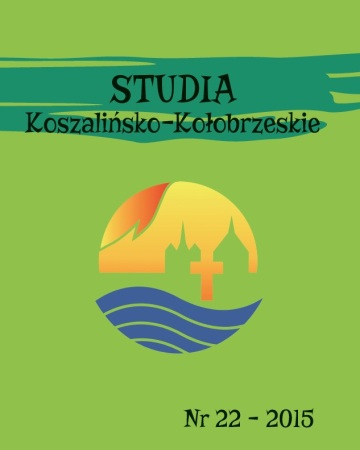
Charakterystyka i pochodzenie demonów rodzaju żeńskiego w Testamencie Salomona
The pseudoepigraphical Testament of Solomon presents highly developed demonology. Among the evil spirits, who arrive and appear in the presence of king Solomon, there are also the female demons: Onoskelis, Obyzouth and Enepsigos. The category by itself is the group of seven evil spirits who have feminine designations. The characterization and provenance of the female demons, mentioned in our pseudoepigraghic writing – this is a subject of the article.
More...
